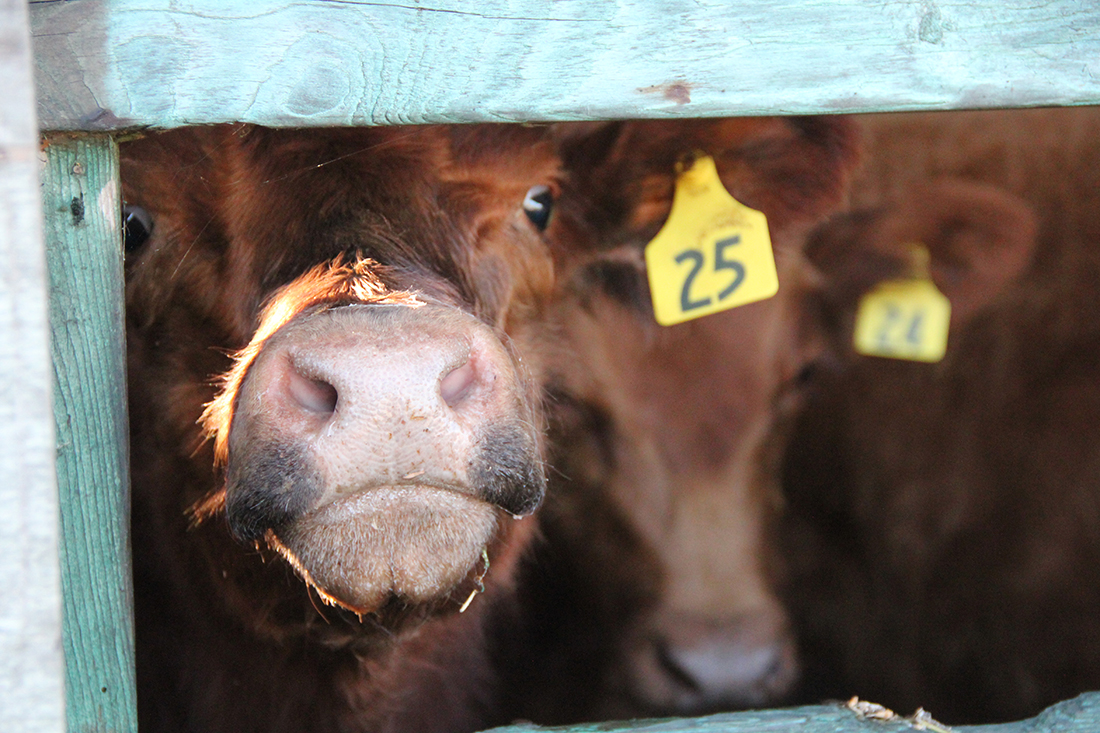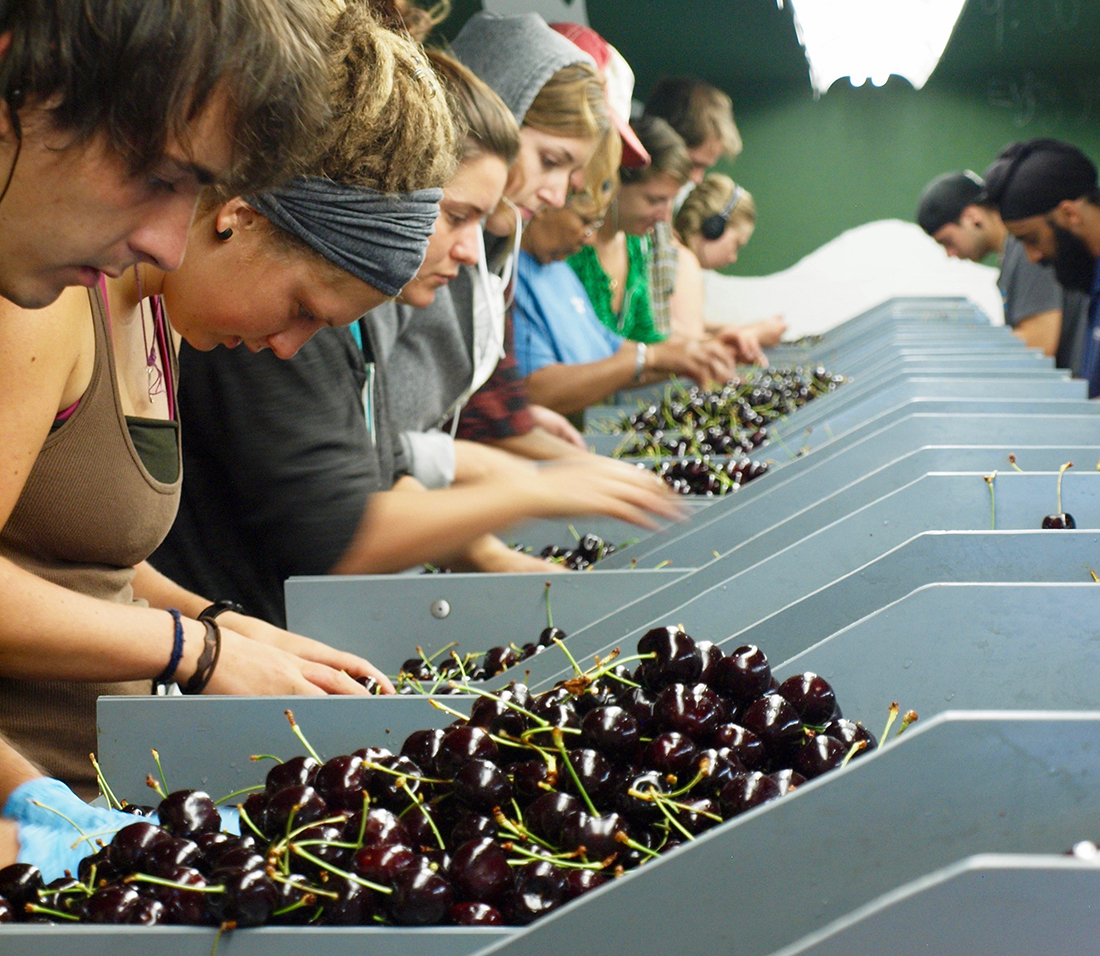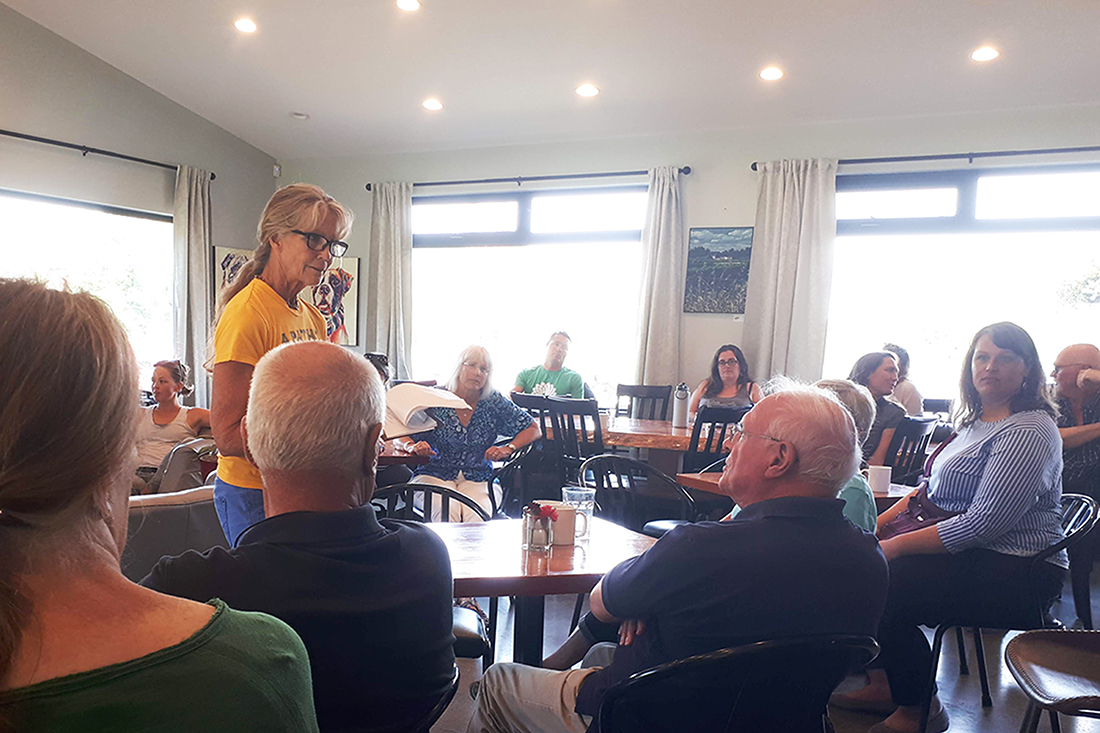Build the brand, then build the plant: that’s the recommendation of the steering committee handling plans for a new federally inspected beef packing plant in BC.
“The vision is still to build a BC beef plant in Prince George,” plant project team member and consultant Glenn Brand told the BC Cattlemen’s Association annual general meeting in Williams Lake at the end of May.
The roadmap laid out by the steering committee acknowledges that animals won’t just amble up to the plant once it’s built. The roadmap set forth by the committee includes forming a co-op and securing commitments for 5,200 head a year first. Developing the brand and securing toll processing space at an existing plant will set the stage for the new plant to begin operating.
The phased approach will help to alleviate some of the risks that come with building a plant capable of handling 500 head a week without a firm commitment to a supply chain, or an established market.
“Building a 500-head facility is an enormous financial risk,” says Brand. “Operating losses in the first four years is where plants have often failed in the past.”
By moving forward in stages, the committee expects to mitigate risks for both producers and investors.
The plant will lose money if it is not working to capacity and that relies on two things, Brand points out, having a committed supply of animals finished and ready to enter the plant year round and a market for the product that comes out the other end.
“We will work with the current plants in BC to process on a toll basis,” Brand says “ And prove our product out in the marketplace.”
The steering committee’s work is funded in part by a $450,000 grant the province awarded last year to the BC Cattlemen’s Association. The plant will likely operate on a co-operative basis. The latest estimates peg the cost of construction at upwards of $30 million.


 Cherry growers ready to pick
Cherry growers ready to pick